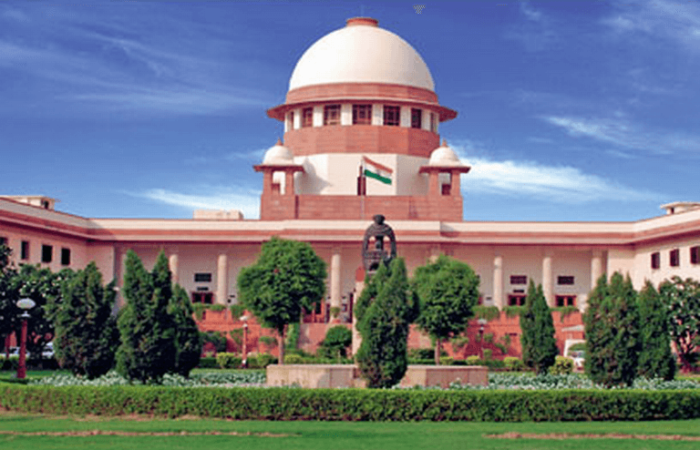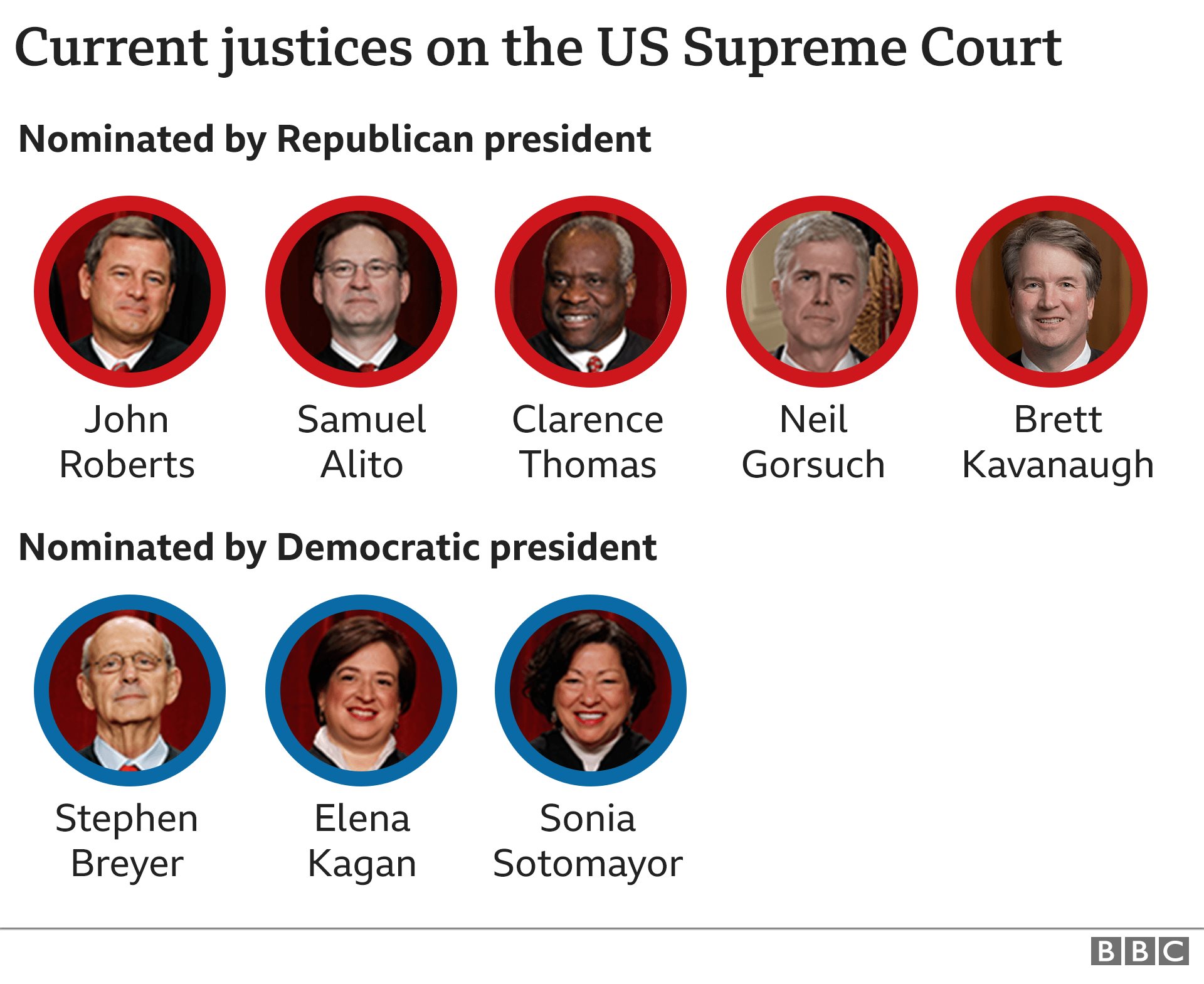
(2) Whether the Department's plan is statutorily authorized and was adopted in a procedurally proper manner. Whether, to establish that a statement is a "true threat" unprotected by the First Amendment, the government must show that the speaker subjectively knew or intended the threatening nature of the statement, or whether it is enough to show that an objective "reasonable person" would regard the statement as a threat of violence. Circuits have held, or does the district court retain discretion to proceed with litigation while the appeal is pending, as the Second, Fifth, and Ninth Circuits have held? (2) Whether the plan exceeds the United States Secretary of Education's statutory authority or is arbitrary and capricious.ĭoes a non-frivolous appeal of the denial of a motion to compel arbitration oust a district court's jurisdiction to proceed with litigation pending appeal, as the Third, Fourth, Seventh, Tenth, Eleventh and D.C.

(1) Whether respondents have Article III standing and Whether the federal government owes the Nation an affirmative, judicially enforceable fiduciary duty to assess and address the Nation's need for water from particular sources, in the absence of any substantive source of law that expressly establishes such a duty. (2) Can the Nation state a cognizable claim for breach of trust consistent with this Court's holding in Jicarilla based solely on unquantified implied rights to water under the Winters Doctrine? (1) Does the Ninth Circuit Opinion, allowing the Navajo Nation to proceed with a claim to enjoin the Secretary to develop a plan to meet the Nation’s water needs and manage the mainstream of the LBCR so as not to interfere with that plan, infringe upon this Court’s retained and exclusive jurisdiction over the allocation of water from the LBCR mainstream in Arizona v. Whether the State of Louisiana’s 2021 redistricting plan for its six seats in the United States House of Representatives violated section 2 of the Voting Rights Act of 1965 ( 52 U.S.C.

Whether the court of appeals erred in applying the Lanham Act extraterritorially to petitioners' foreign sales, including purely foreign sales that never reached the United States or confused U.S. Whether applying a public-accommodation law to compel an artist to speak or stay silent violates the Free Speech Clause of the First Amendment.Ībitron Austria GmbH v. įuture argument dates are in parentheses arguments in these cases have been scheduled, but have not, and potentially may not, take place. This is a list of cases before the United States Supreme Court that the Court has agreed to hear and has not yet decided.


 0 kommentar(er)
0 kommentar(er)
